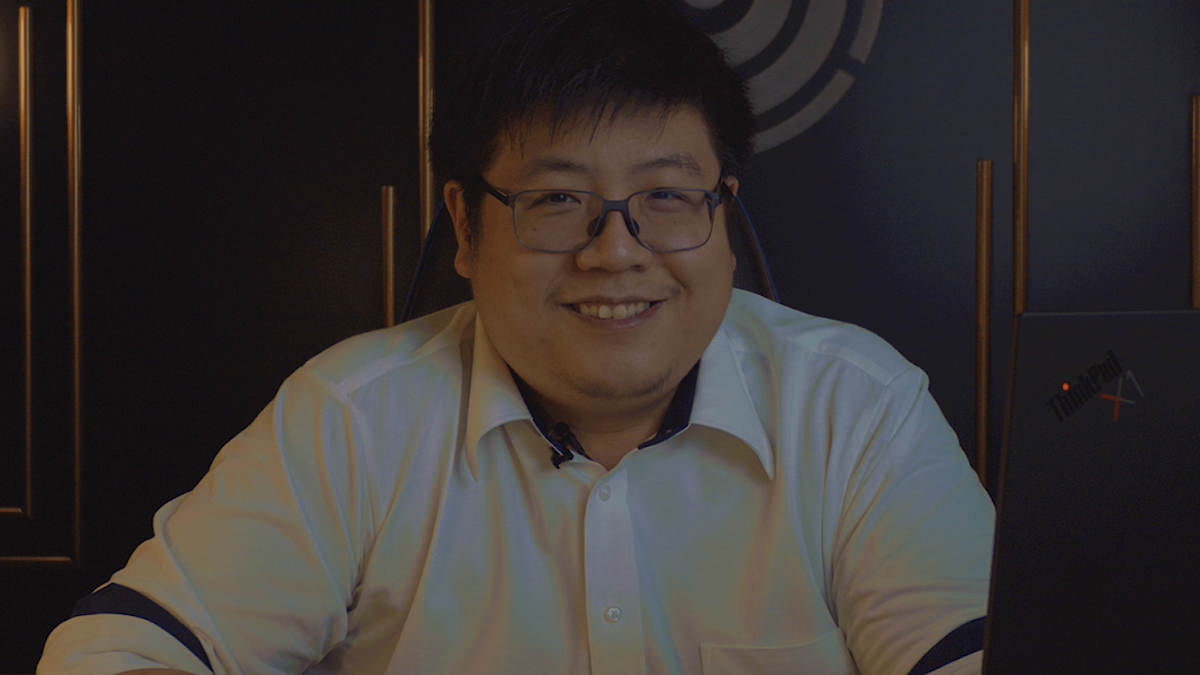Despite its nascency, Web3 gaming could be well on its way to revolutionising the gaming industry. We spoke to Igor Tanzil, co-founder and chief ceative officer at Mythic Protocol, a gaming company with a focus on developing innovative and engaging games that leverage the power of Web3 to create a more immersive and rewarding experience for players.
Tanzil envisions a future where Web3 gaming goes mainstream and believes that Web3 technology has the potential to create a more equitable and inclusive gaming ecosystem where players are truly in control of their own experience. It’s that vision that saw the company recently raise $6.5M.
Our discussion also unveiled the company’s ambitious plans, particularly in the realm of collaborative gaming. With a strong focus on leveraging Web3, Mythic Protocol aims to stand at the forefront of this transformative landscape. We then explored their unique approach to cooperative gameplay and how they distinguish themselves in a competitive field and more.
For audiences who haven’t heard about your company, can you describe Mythic Protocol to us?
Igor Tanzil: Mythic Protocol is building the world’s first collaborative entertainment IP – one that leverages gaming as a scaling and engagement mechanism, the internet as a collaborative center, blockchain as a consensus and security layer, and AI as an evolutionary driver.
Our vision for collaborative entertainment is one that empowers creators to contribute and be rewarded equitably, where fandom has a voice, and player action has real consequence in an perpetually evolving IP.
Tell us more about this vision. How does collaborative entertainment ecosystem works? What does it offer to players that other games don’t?
Our vision is one where a single unified universe is impacted by cumulative action of gamers, viewers and creators across multiple media. We see a future where a story can be told via comic book, continued and affected by gamer actions in-game, and continued on the big screen. It all comes down to building systems that collate and unify consequence from multiple media and allowing the IP room to evolve from input.
We see a future where a story can be told via comic book, continued and affected by gamer actions in-game, and continued on the big screen
Igor Tanzil
We believe that while the greatest IPs have entertained us (as fans, gamers, and consumers) for decades, they have yet to involve us in a meaningful way. Consequence and agency is that final piece of that puzzle that could fundamentally change how entertainment works. For Mythic Protocol, this vision will come to life with our DUMB product – the Decentralized Universal Meta on blockchain. A single source of canonised truth that will direct, inspire, and evolve our games – Riftstorm – and other media output such as comics, movies, shows.
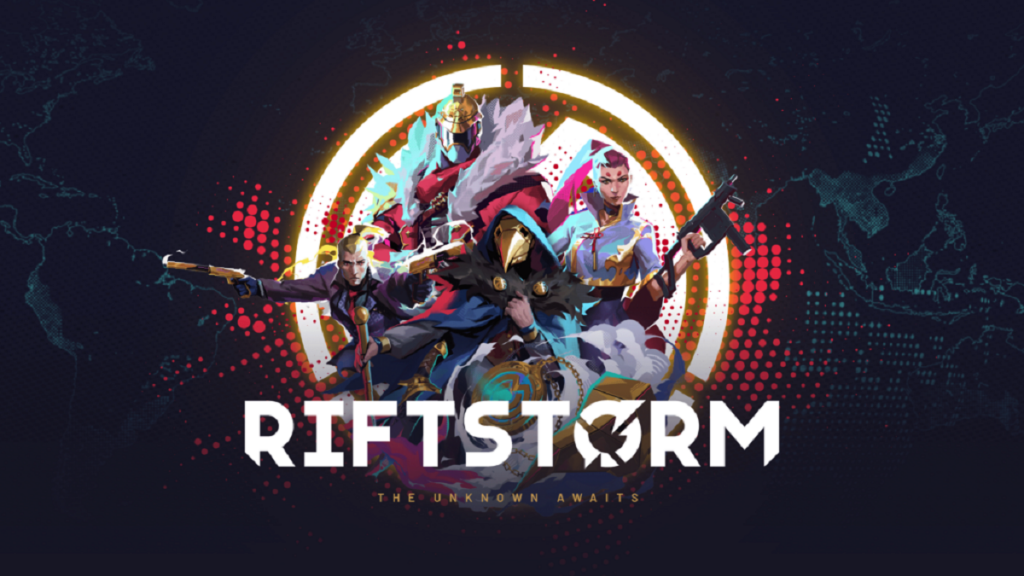
Speaking as a writer – and former advertising copywriter – consequence is the thing that makes writing fun. Reacting to unexpected outcomes from player action or working with and through content that other writers/creators have put into canon – that speaks to the sort of creative challenges that makes me feel alive.
Mythic Protocol is built on blockchain technology. Can you explain what that means and how it enables cooperative gameplay?
We use blockchain technology simply as a technological layer – much in the way we use game engines and the internet. Riftstorm is built on Unity and relies on the tried and true science of ‘fun’ game design. The design decisions behind our operative characters, the procedural maps we design and the encounters we craft all serve to create a game experience that encourages and rewards cooperative play.
We use blockchain technology simply as a technological layer – much in the way we use game engines and the internet
Igor Tanzil
The blockchain – and our intent in it – is simply to use it as a way to record legacy and provide security in asset transfer. Legacy feeds into our Decentralized Universal Meta on Blockchain, that will impact the direction of our IP. Security that ensures assets and value is tracked and protected by technology, and our carefully designed market checks and balances.
Blockchain games will allow for the secure and transparent transactions. Just as most games already have microtransactions that leverage a game-store currency, we’ll likely see the safeguards that blockchain technology offers be adopted industry wide.
Let’s talk about Web3. How are you leveraging the technology to create a better gaming experience for players?
Web3 technology will create better gaming experiences for players by inviting and sharing ownership and collaboration as a core concept. We think that it’s so exciting to see a future where web3 will make games more accessible to all.
Let’s be frank: the web3 concepts of ownership, the over financialisation of assets, and the reward functionality of DeFi does not inherently provide gamers with anything – in fact in most cases it’s the other way around, where games are used to provide a veneer of valuation through action.
We think that it’s so exciting to see a future where web3 will make games more accessible to all
Igor Tanzil
What web3 does offer is a chance to collaborate on a massive scale where that context is protected by technology that is transparent and is built on checks and balances that are agnostic to the whims of human error. For us, that means we can build massive things – like say: a cross media IP that evolves because players play a game.
Heck, let’s take it a step further and open that IP up to creators as well. Now, we have a place where players can impact creators and creators affect gameplay, thus creating a true symbiosis of creation and consequence for everyone.
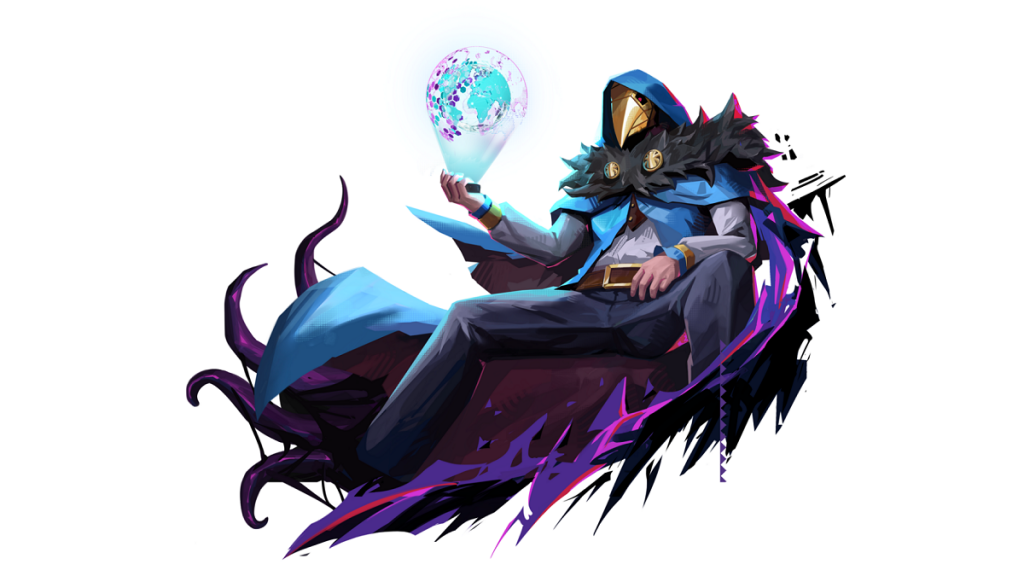
Tell us about how in-game transactions are managed and how rewards are distributed
Our vision is to reward input commensurate to impact. Basically, players are rewarded for their actions in-game with experience, materials and in-game currencies, while they have the agency to impact change on a world level for the IP. Creators, because usage and implementation are tracked on the DUMB, will also be equitably rewarded for their effort.
Our in-game transactions are designed to empower players to experience the game and the content the way they want. Whether its unlocking new content or powering up their operatives, the end goal of each transaction is to allow players to play the way they want.
How will the ecosystem handle issues like fraud, toxic behavior and harassment?
This is where AI comes in. AI has been in use for moderation and anti-cheat functions for over a decade, it’s nothing new in games and it’s nothing new for online platforms. However, putting AI to work in securing and moderating content across media towards a single context is where our efforts will be focusing on to build a system that tracks input, canonisation, toxicity and implementation.
How do you see the future of gaming? Do you see it becoming as ubiquitous as TV and movies, or even surpass them?
Let’s talk numbers for second. Fortnite’s annual revenue is consistently exceeds $2 billion since 2019. (3.7 in 2019, 5.1 in 2020, 5.8 in 2021, etc.) By way of comparison, the Avatar movie’s total revenue (box office and DVD) barely surpasses $2 billion in total.
The game industry is the largest entertainment industry sector bar none. It employs designers, artists, musicians, filmmakers, actors and has powered the digital effects industry in the last decade. The question isn’t whether or not gaming will become more mainstream – gaming IS mainstream. The question is whether or not entertainment can evolve to incorporate cross media integrations.
The future of gaming will be one led by web3 technology adoption and one that empowers players to be active participants in their products
Igor Tanzil
That’s where my vision for Mythic Protocol comes in. That chance to empower players to impact viewers, to invite viewers to become creators and to create an ecosystem of content and experiences that feed and grow from one another. Looking at it from an insular perspective, the future of gaming is bright, where the name of the game – pun intended – isn’t about niche or reach, it’s about scale and platform integration.
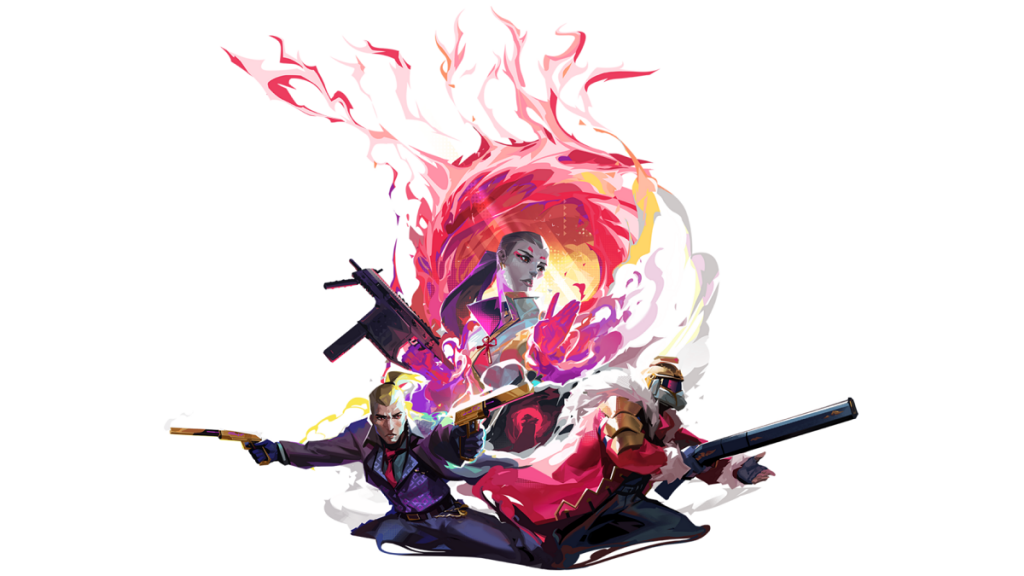
Looking at it from the perspective of Mythic Protocol: the future of entertainment can only be summed up in one word: collaborative.
Absolutely. By the numbers, the gaming industry already exceeds that of the film, music and TV industry. Fortnite makes billions annually, while Avatar peaked at $2 billion. The future of gaming will be one led by web3 technology adoption and one that empowers players to be active participants in their products.
Regarding the social aspects of gaming, do you think it’ll replace traditional social media platforms or augment them? Will the future of social media be more game-like? How do you see the future of online communication?
It’s so interesting to think about the term ‘traditional’ and ‘social media’ side-by-side in that context. Slight tangent: my MFA thesis was on the expected evolution of social media by technology – one I expected to leverage gamification and augmented reality in tandem to evolve.
So to this question: it’s a bit of a yes and no. I think that most games will integrate social functions on their own, to serve their very specific game design needs that take into consideration platform, play time and play intent. I also expect new social platforms to appear that will serve games specifically (think Discord, Twitch, etc) or that next iteration of entertainment product – who knows what we at Mythic Protocol might have to make to service our collaborative entertainment…
The future of online communication will be one that will integrate directly with AI
Igor Tanzil
I don’t believe that ‘traditional’ social media platforms will disappear, but I do believe that they will continue to evolve to incorporate new technologies, new concepts and new content channels. It wasn’t so long ago when Twitter was just 80 characters without images, and now X is a platform that allows people to showcase NFTs, hold live audio chats and wax lyrical on the potential of technology ad nauseam 280 characters at a time.
The future of online communication will be one that will integrate directly with AI, be infinitely more connected and may have the potential to impact how the media we consume evolves.
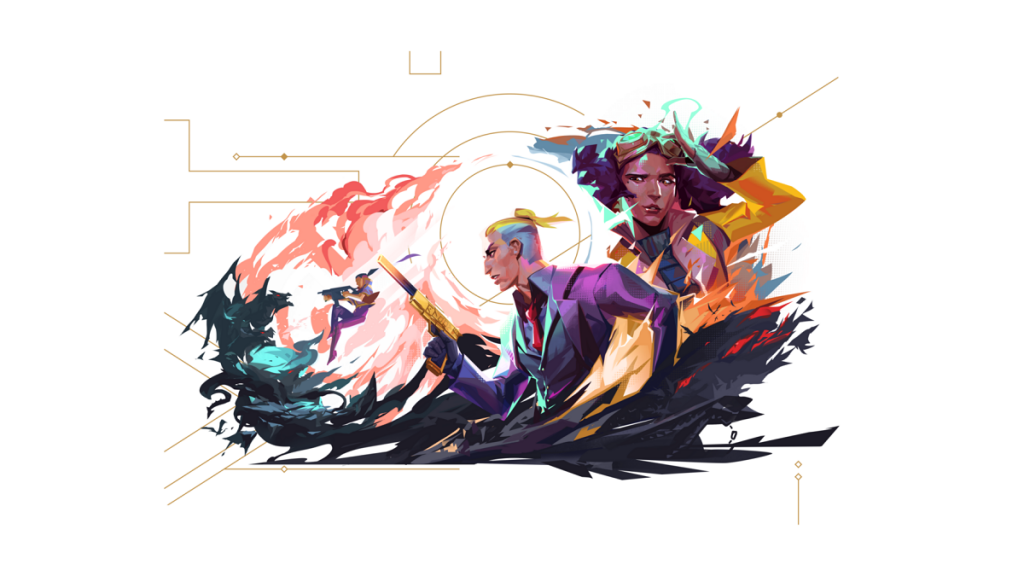
How do you see the collaborative nature of gaming leading to more decentralised and community-run gaming experiences? Will it lead to a more democratic model for gaming?
Players always have a say in the future of the gaming industry. Players have shaped the industry to be what it is by doing the thing they do best: play (and spend). I am always careful to never cast an industry – especially one so vastly varied as the games – in one monolithic context. Some games are collaborative. Some games are competitive. Some games are singular experiences. But all games are fun.
Some games are competitive. Some games are singular experiences. But all games are fun
Igor Tanzil
So-called ‘decentralised’ games are actually a dime a dozen if you take the meaning to be one where player agency dictates the products being built. Think of Roblox, Minecraft, and any party game, or Twitch game here. Entire communities thrive on these products that involve community voting, action, and integration.
Will that be ‘the’ democratic model for gaming? Nope. Will there be more collaborative products that take into account user variants from gamers, creators, and viewers? Absolutely!
Mythic Protocol will just be the very small tip of this iceberg and more and more developers come to the same conclusion – or better – that I have come to.
But let’s also be reverential to what game developers and designers for: we are there to delight in new, unexpected and unending ways. For some, that will involve player and community input, sure. For others, it is also just about building something fun for players to consume.
The immediate thing we will see will be the normalisation of blockchains, NFTs and AI as the technological tools that they are. Not a movement or some fad: tools
Igor Tanzil
How do you see the Web3 gaming sector evolving in say the next 5-10 years?
The next five years will be interesting, for sure. The immediate thing we will see will be the normalisation of blockchains, NFTs and AI as the technological tools that they are. Not a movement or some fad: tools.
As the stigma of technological early adoption fades – and the unspoken facets of technological infancy – we will see games grow beyond the narrow definitions we see them in today. Web3 games will see a normalisation in valuation of asset and action economy. Projects utilising games to prop up valuation will die out. Then, real games and game developers will enter with new and interesting concepts that can leverage the technology better. In time, the distinction between ‘web3 games’ and ‘games’ will disappear.
What challenges do you see ahead and are you working on any upcoming projects that the Web3 community can look forward to?
Mythic Protocol is my ever present challenge. Building the checks and balances needed for the DUMB, planning out our media rollout, directing the development of Riftstorm, setting the foundations for our Repository, and Portal. There is so much that we are building at Mythic Protocol that it will take the full weight of our 130+ strong team to build it all one at a time.
At the center of it all we have Riftstorm, the game we hope will onboard players, fans, and creators into our world so that together we can all build towards something DUMB.
You can add Riftstorm to your wishlist on Steam.
Isa Muhammad is a writer and video game journalist covering many aspects of entertainment media including the film industry. He's steadily writing his way to the sharp end of journalism and enjoys staying informed. If he's not reading, playing video games or catching up on his favourite TV series, then he's probably writing about them.



























